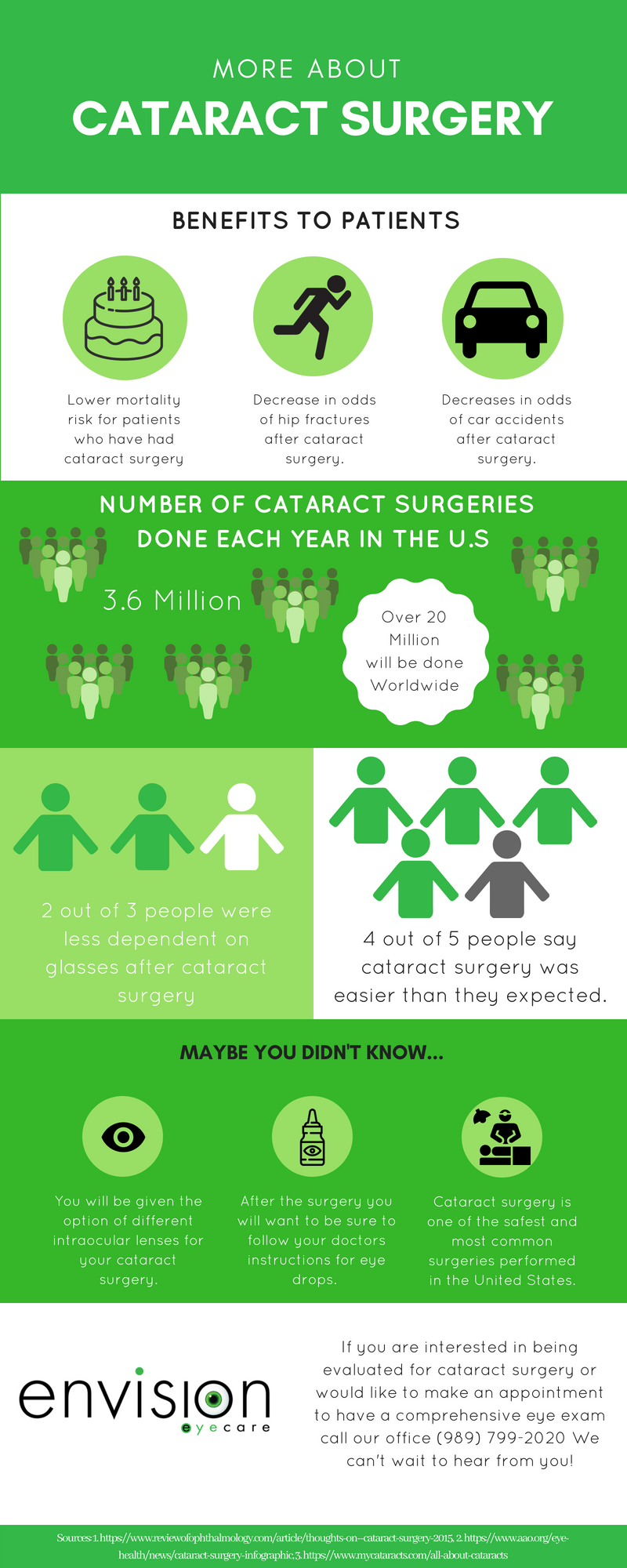Is SMILE Eye Surgery A Great Fit For You? Vital Insights And Variables To Assess
Is SMILE Eye Surgery A Great Fit For You? Vital Insights And Variables To Assess
Blog Article
Web Content Develop By-Mullen Cochran
If you're contemplating SMILE eye surgery, contemplate this: are you prepared to welcome prospective aesthetic freedom, or does the idea of any type of dangers make you be reluctant? Your choice will hinge on a cautious equilibrium of considering the advantages versus the uncertainties. It's essential to delve much deeper into the subtleties of SMILE surgery to make an informed option that aligns with your visual objectives.
Comprehending SMILE Eye Surgical Treatment
When thinking about SMILE Eye Surgery, it is necessary to recognize the procedure and its benefits. SMILE, which stands for Tiny Cut Lenticule Removal, is a minimally invasive laser eye surgical treatment that remedies typical vision troubles like nearsightedness (nearsightedness).
Throughout the treatment, your eye cosmetic surgeon will utilize a femtosecond laser to produce a little laceration in your cornea. Through this incision, a small disc of tissue called a lenticule is gotten rid of, reshaping the cornea and remedying your vision.
Among the key advantages of SMILE Eye Surgical procedure is its fast healing time. https://seekingalpha.com/article/4225655-staar-surgical-deserves-eye-watering-valuation-premium of individuals experience improved vision within a day or more after the procedure, with very little pain.
Additionally, PRK Day 4 is known for its high success rate in supplying long-term vision adjustment. Unlike LASIK, SMILE does not require the creation of a flap in the cornea, decreasing the threat of difficulties and enabling a more stable corneal structure post-surgery.
Comprehending the procedure and its benefits is important when considering SMILE Eye Surgery for vision modification.
Pros and Cons of SMILE
Thinking About SMILE Eye Surgical treatment for vision adjustment features various benefits and prospective disadvantages.
One of the primary pros of SMILE is its minimally invasive nature, as it involves a tiny laceration and normally results in fast recuperation times. The treatment is also known for creating marginal pain and dry eye signs post-surgery compared to other vision improvement techniques. In addition, SMILE has been revealed to supply superb visual results, with numerous clients attaining 20/20 vision or much better.
On the other hand, a prospective con of SMILE is that it may not appropriate for individuals with severe refractive mistakes, as the treatment range is rather minimal contrasted to LASIK. An additional consideration is that the discovering curve for doctors carrying out SMILE can impact the availability of skilled providers in particular locations.
It's important to evaluate these benefits and drawbacks carefully when making a decision if SMILE is the right selection for your vision correction requirements.
Identifying Eligibility for SMILE
To establish if you're qualified for SMILE eye surgery, your eye doctor will certainly perform a complete assessment of your eye health and wellness and vision needs. During this assessment, factors such as the security of your vision prescription, the thickness of your cornea, and the total wellness of your eyes will be evaluated.
Usually, candidates for SMILE are over 22 years of ages, have a stable vision prescription for a minimum of a year, and have healthy corneas without conditions like keratoconus.
Your ophthalmologist will likewise consider your overall eye health, any kind of existing eye conditions, and your lifestyle needs to figure out if SMILE is the best selection for you. It's necessary to communicate any type of particular aesthetic needs or problems you might have throughout this assessment to guarantee that the treatment aligns with your assumptions.
If you aren't eligible for SMILE, your optometrist may recommend alternative vision modification choices that better match your individual needs and eye health and wellness status.
Final thought
Inevitably, deciding whether SMILE eye surgery is right for you needs careful consideration of your individual eye health and wellness and visual needs. Seek advice from your ophthalmologist to determine your qualification for the treatment and consider the potential benefits and disadvantages. Remember to interact any issues or inquiries you might have during the evaluation procedure to make an educated decision about your vision modification alternatives.
